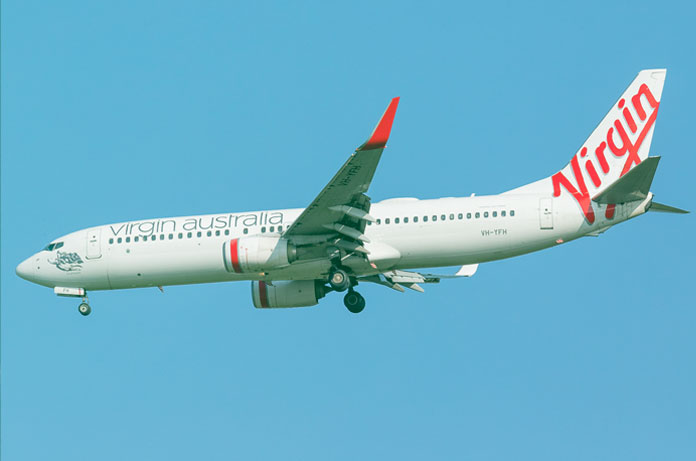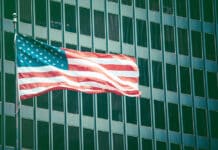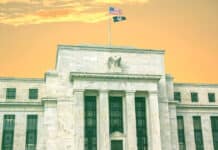
Unsecured bond holders in Virgin Australia, owed nearly $2 billion, will have their fate decided in the coming weeks with the impending sale of the airline to one of two short-listed U.S.-based bidders.
Virgin most recently raised $325 million through an ASX-listed bond issue and US$425m through the U.S. high yield market in November when chief executive Paul Scurrah outlined his vision for Virgin 2.0 as it began restructuring in order to achieve elusive profitability in the volatile aviation sector.
Many of the ASX listed bond holders are considered mum and dad investors and new to corporate bond investing in this market. They may now see their investment worthless unless they can influence the sale process being negotiated by administrator Vaughan Strawbridge of Deloitte.
Virgin Australia entered voluntary administration in April owing almost $7 billion in debt to secured and unsecured creditors.
The two preferred bidders include Bain Capital and New York hedge fund Cyrus Capital. Creditors including bond holders will get to vote on a proposal put to them by Deloitte at their next meeting on August 22.
Related reading: Risky Airline Bonds As Safe As Bank Hybrids When All Things Considered
Steven Wright, a director of Brisbane-based broker Morgans, whose firm was a joint lead manager in the issue, sold the investment to over 500 of these investors and now is speaking out on their behalf.
“In all investments there is an element of risk,” he told The Australian this week. “And no one could have predicted the COVID-19 pandemic. But we would expect the administrators will treat the bond holders fairly and that they get a level of value for the investments they have made.
“Investors who have invested in Virgin bonds and notes will be watching.
“This might frame the decisions they make in terms of future investments. People watching the development of the corporate bond market will be watching how this plays out.”
Bain and Cyrus are expected to brief bond holder representatives over the next week on their plans for the airline and provide some detail of their investment proposals.
The bondholders have appointed restructuring advisers and lawyers to represent them and to try and protect their interests.
The bondholders, which also includes institutional investors, rank behind secured creditors such as lease finance creditors (for aircraft). The lenders under secured corporate debt and aircraft financing have the largest creditor claim of $2.8 billion.
It will be interesting to see what bargaining power the bondholders can wield as the prospective sale takes place. The developing Australian corporate bond market will be taking notice, too.






























